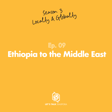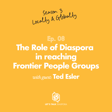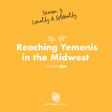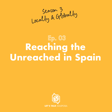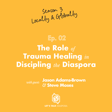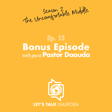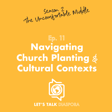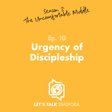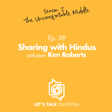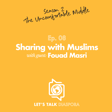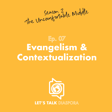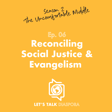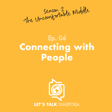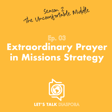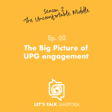
The Role of Equipping
In this episode of "Let's Talk Diaspora," hosts Bud and Rebecca are joined by Tom Hearon from Global Gates. Tom discusses the crucial role of equipping in reaching nations through the diaspora. As the director of the internship program called Pathways, Tom sheds light on his experiences working among diaspora communities, particularly Muslims and Hindus.
The conversation explores the significance of preparation and training for those looking to engage in cross-cultural ministry. Tom emphasizes the need for equipping individuals to understand the diverse worldviews and cultural contexts of people they aim to reach, whether it's Muslims, Hindus, or others.
The discussion also touches on the unique aspects of Pathways, including its long-term commitment, international focus, and annual capstone mission trips.
Listeners are encouraged to explore more about Pathways and connect with the program through the website www.globalgates.info/pathways.
Tom recommends his ebook, "Sharing the Gospel with Our Muslim Cousins," available on Kindle, as well as insightful YouTube video "How to Share your faith cross-culturally" and "The Seed and the 4 Soils AV"
